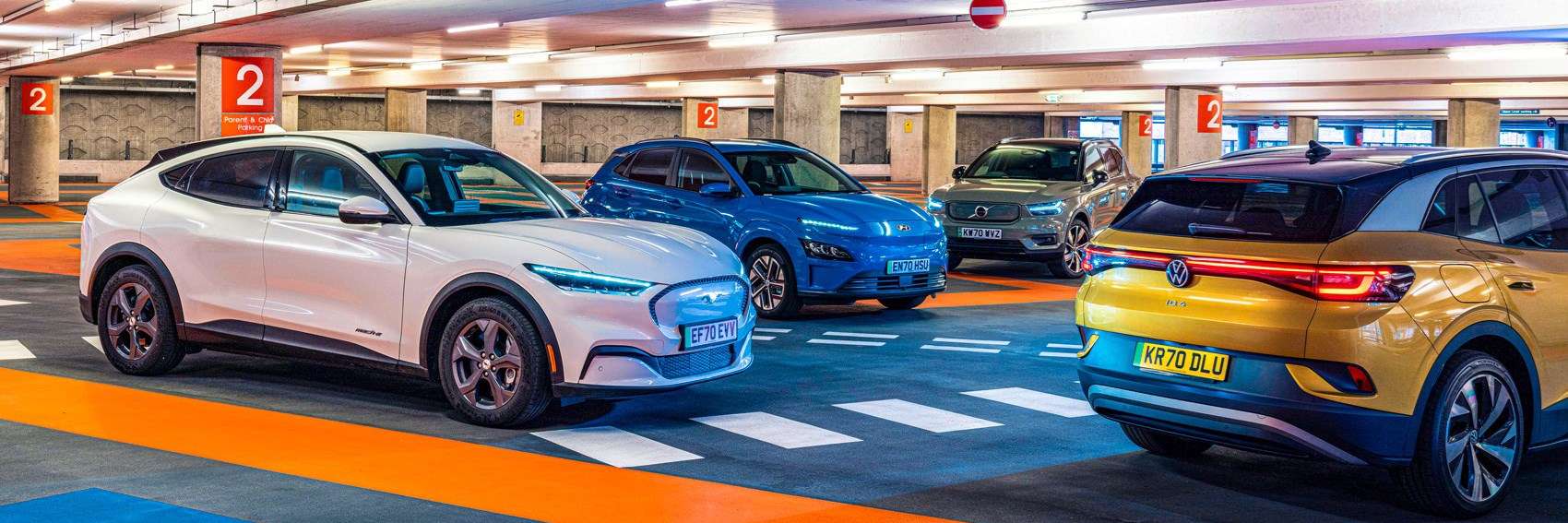
For employees, charging at work can be a convenient way to recharge an EV whilst parked during the day. From a business point of view, having a charge point at the workplace will become increasingly important as a facility for employees and visitors, while for businesses with an EV fleet it can be an essential operating factor.
The Government offers businesses, organisations, charities, and local authorities financial support to have charge points installed at their premises under the Workplace Charging Scheme. The grant provides up to £350 per socket up to a maximum of 20 sockets – to be installed on dedicated off-street parking for staff, visitors, or fleet use.
The New Workplace Charging Scheme
Funded by the Government’s Office for Zero Emission Vehicles, the Workplace Charging Scheme (WCS) provides a grant for businesses to reduce the cost of having an EV charge point installed at their premises.
The grant allows businesses, charities, and local authorities to claim £350 per socket installed, with a maximum of 20 sockets across all sites for each applicant. Firms based in the United Kingdom (excl. Channel Islands and Isle of Man) can claim and don’t necessarily need a plug-in vehicle on the company’s books to start with.
The charge points are required to have a need declared for them on the application, which could include: existing EV fleet vehicles, adding an incentive for the uptake of plug-in vehicles with staff, providing a charging solution for visitors, or charging EVs planned to be purchased by the business. Charging for customers (where applicable) is not eligible for WCS funding.
Standard three-pin sockets are not eligible for funding, and the EV charge points can only be fitted by accredited OLEV installers. These must provide a minimum of 3 kW, with the supply not diminished by charging multiple vehicles simultaneously. Companies cannot claim for existing EV charging points, with the grant available only for new charge points yet to be installed. The company also has to have dedicated off-street parking for staff, visitors or fleet use.
More details on the WCS can be found on the OZEV website.
Selecting a workplace charging point
Customer and visitor electric cars will have different charging connectivity needs, so it is important to install a charging point most likely to be compatible with the widest range of vehicles possible. The most common workplace installation is a wall-mounted Type 2, 7.2kW charger, which is compatible with most of the best-selling electric vehicles and will charge a vehicle fully in around 2-3 hours. Some businesses may wish to install a faster 22kW unit or even a Rapid charger if cost and space allow. See the charging basics page for more info on different charging points.
Most workplace installations select wall-mounted units as they are typically cheaper to install. The alternative is a post, which is a good on-street option but usually has higher installation costs due to the need to get the electricity to the post under the ground.
For businesses that plan to install their charge point in areas that are publicly accessible, it is essential to consider access issues. Most charge point manufacturers offer units that can be accessed with either a key or RFID card to prevent unwanted usage.
The majority of manufacturers offer some form of back-office support to report on energy use, charge point use, and CO2 impact. The level of assistance varies and can usually be tailored as a package for the company buying the service, from basic maintenance to full network support.
What are the costs?
The two key costs are the price of the unit and the installation costs. Based on a standard project, prices start from £995 for a 7.2 kW single header wall-mounted charging unit. £350 of this would be covered by the government OZEV grant scheme with companies allowed a maximum of 20 grants.
Go Ultra Low City Scheme
As part of the Go Ultra Low Cities Scheme, a number of regions across Britain have received significant grants to promote the use of Ultra Low Emission Vehicles (ULEVs) and act as pilots for future policy. The regions that applied for GUL City status included EV charge point plans within their applications which may result in some match funding becoming available for local businesses.
The four successful GUL Cities are Nottingham, Bristol/Bath, London, and Milton Keynes. In addition, Oxford, Dundee, and York also received some grant funding. The GUL city announcement provides an overview – more details will be added if any business workplace schemes are released.


